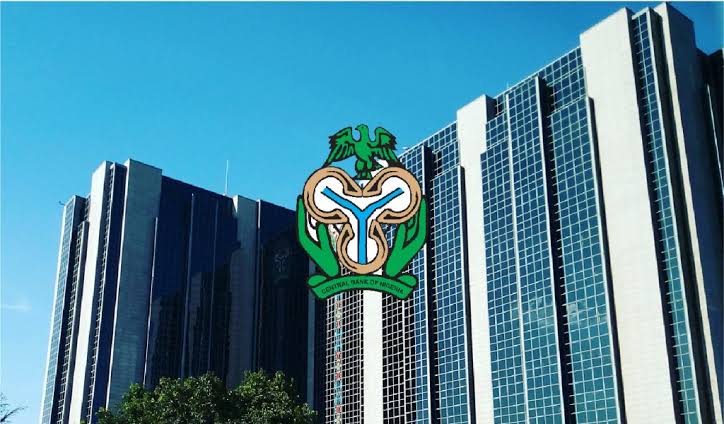
By Ologeh Joseph Chibu
The Central Bank of Nigeria (CBN) has linked oil production and revenue decline to ageing infrastructure.
The apex bank cited deteriorating pipeline infrastructure and operational inefficiencies as major contributors to the sharp decline in oil revenue during the third quarter of 2024.
In its latest economic report, the apex bank revealed a 24.72% drop in oil revenue to ₦1.30 trillion, compared to the second quarter. This shortfall was attributed to reduced receipts from petroleum profit tax and royalties, compounded by frequent shutdowns caused by ageing pipelines and installations.
The report highlighted that Q3 oil revenue was 75.39% below the quarterly target, underlining the severity of operational challenges. While crude oil production saw a modest increase to 1.33 million barrels per day (mbpd), up from 1.27 mbpd in Q2, issues such as theft, vandalism, and infrastructure deficits continued to erode revenue potential.
Additionally, the global oil market posed further hurdles. The average spot price of Nigeria’s Bonny Light crude declined by 5.45% to $82.23 per barrel, reflecting subdued global demand. Similar trends were observed across other benchmarks, including Brent crude and the OPEC Reference Basket.
Non-Oil Sector Drives GDP Growth Amid Oil Sector Struggles
Despite challenges in the oil sector, Nigeria’s economy grew by 3.46% in Q3, up from 3.19% in the previous quarter, buoyed by strong performance in the non-oil sector, which contributed 3.18 percentage points to GDP growth.
In contrast, the oil sector’s growth slowed to 5.17% year-on-year, down from 10.15% in Q2, hampered by declining crude prices and operational inefficiencies.
Fiscal Implications and Outlook
The fiscal impact of the declining oil revenue was significant, with federally collected revenue falling 23.71% short of the budget benchmark. However, there was a 7.48% increase in revenue on a quarter-on-quarter basis.
The fiscal deficit narrowed by 22.51% compared to Q2 but remained 43.88% higher than the quarterly target, underscoring ongoing fiscal pressures.
The CBN concluded that Nigeria’s goal of reaching an oil production target of 2 million barrels per day by the end of 2024 remains under serious threat due to ageing infrastructure and persistent global market challenges.
Addressing these operational inefficiencies and revitalizing infrastructure will be critical to reversing the downward trend in oil revenue and achieving sustainable economic growth.




